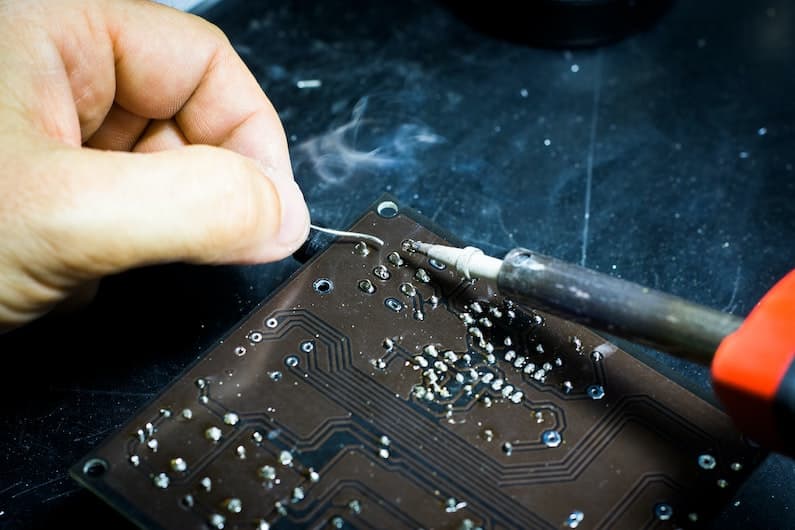Repair, Reuse, or Recycle?
Although the impetus to recycle electronic waste continues to gain widespread cooperation from larger organizations, recycling may not be enough to save our planet from an irreversible environmental disaster.
Prior to the age of the Internet of Things (IoT), most household items could be easily repaired by a handyman. Remember when the television repairman would come to replace a color tube or fix the dark lines in your TV screen? Or the refrigerator repairman could install a new start/run relay switch and get the fridge working again?
Today, appliances, televisions, smartphones, and even automobiles require components such as central processing units (CPUs) to function. Unfortunately, the digitalization of nearly everything we rely on for living day-to-day makes it more expensive to have something repaired—if it is even possible.
Consequently, people are simply throwing away items and purchasing new items at an unprecedented rate. Big appliance and electronic companies like Microsoft or Panasonic that put out new versions of their products every year make it even more enticing for consumers to avoid repairing or recycling waste.
What is the Big Repair Project?
Based in the UK, the Big Repair Project involves multiple research commitments developed by the UKRI Interdisciplinary Centre for Circular Materials and directed by Brunel University London, the University of Warwick, and London’s Global University (UCL). Launching of the project arose from what University College London’s Professor Mark Miodownik described as “a point where products have no real, useable route to get them repaired”.
In 2021, the UK passed laws collectively called right to repair laws that instruct companies to make spare parts immediately available for common household appliances. In addition, parts must remain available for as long as 10 years, depending on the viability of the part.
So, how does the Big Repair Project fit in with the passage of the right to repair laws? The primary goal of the BRP is to accumulate results of short surveys that are currently active on their website. These surveys ask people questions about their behavior and opinions towards repairing and maintaining their electronics and appliances. The website also provides a logbook that consumers can use to share their experiences with others trying to repair or service items.
The Big Repair Project is hoping to learn what motivates or de-motivates people to repair and keep older appliances and electronics. In particular, on what people base their decisions to repair or recycle items. How much are consumers, who actively repair and recycle, concerned about the environment? What exactly discourages them from repairing an appliance?
According to Beko spokesperson Laura Selton, minimizing the carbon footprint of appliances and electronics means companies must find ways to increase the ease of repairability and the longevity of their products. Selton suggests they could do this by providing access to universal spare parts that consumers could purchase. She also states that the cost of repairing a product is just as much, if not more, than simply buying a new, updated product.
Apple and Microsoft Pledge to Facilitate Consumer Repair of Their Products
President Joe Biden signed an executive order last summer covering net neutrality, Big Tech companies, the Broadband Nutrition Label, and many more issues. Following the signing of this EO, President Biden acknowledged that Microsoft, Apple, and other tech organizations make it nearly impossible for consumers to repair their own devices. Within this executive order, Biden encourages the Federal Trade Commission to “establish regulations against anti-competitive restrictions that impede the use of independent repair companies or DIY repairs from fixing Microsoft or Apple products”.
Since then, both Microsoft and Apple have implemented programs designed to assist consumers with repairing iPads and iPhones. President Biden commented on these programs by saying that they will make it easier for consumers to repair electronic devices instead of paying overly expensive repair fees or throwing the items away.
Potomac eCycle wants to remind you and your company that if something can’t be repaired, recycling is the most environmentally responsible method of disposal. Call today to learn more about our ecycle pick-up services!

